Different Ways to Maximize Your Heating and Cooling!
Looking for ways to reduce your heating and cooling costs? Check out our latest blog post where we provide different strategies to maximize your heating and cooling efficiency.
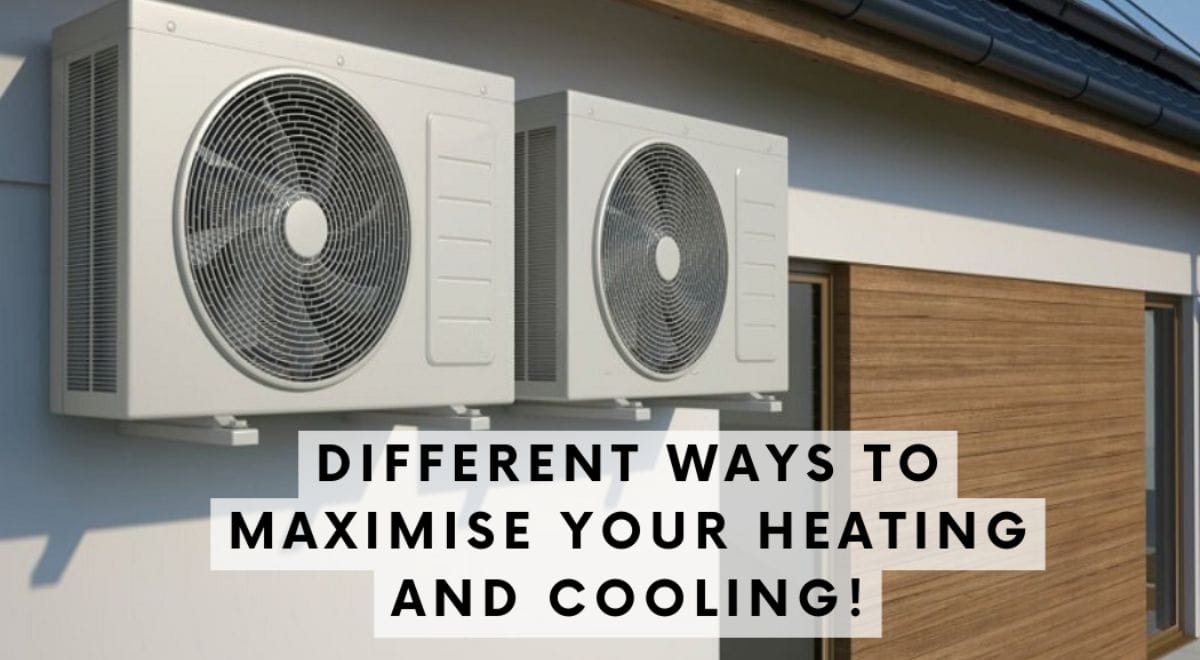
We immediately start thinking about our heating system when winter is approaching. The only thought that comes to mind is whether the system is in perfect working condition or whether the heating system will tide us through the harsh winters. The same happens in summer when it starts approaching us. All we can think of is our heating and cooling systems. But do we take any precautions or safety measures to ensure keeping them in perfect condition the year round?
The Working of Heating and Cooling Systems
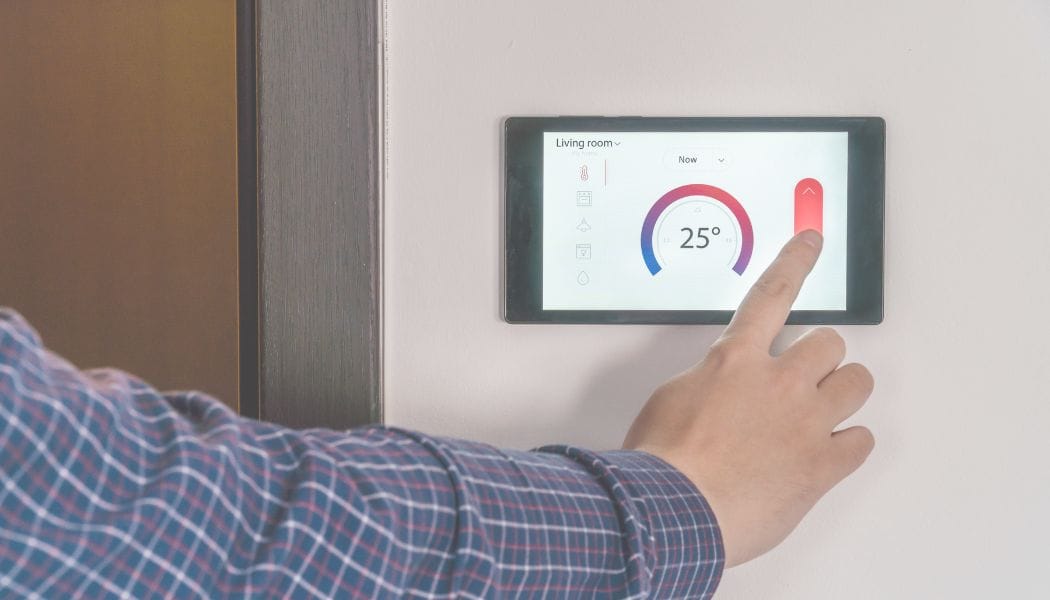
Did you know that heating and cooling systems have yet another name to themselves? They are also known as climate control devices, which help in providing both warm and cold air simultaneously as required. None, of
the other devices are known to match its efficiency or even come close to its functionality. Its components are so uniquely designed, that they have a source of cold or warm air, forming a chain of systems that will distribute the air into the rooms.
Even a control device is it helps in regulating the total system efficiency. The working principle is the same for both heating and cooling. Fresh air from outside is drawn in, which then passes through either the heating or cooling chambers, that later gets emptied into the room where the vents are located either on the floor or ceiling.
The whole system is controlled by a thermostat that prevents the system from overworking. When the air is heated or cooled enough, it cuts off the system allowing the machinery to rest and not burn out. Whether hot or cool air, it all passes through the same ducts, vents and chambers in the heating and cooling system. And, if during the process you see or feel any kind of malfunction you have to immediately understand that one of the components has broken down, which means you have to call in an expert directly.
Fuel used in heating and cooling systems.
Some sort of fuel is used to run the heating and cooling system. The air conditioning system uses electricity to function, and the heating system uses oil to keep you warm. The heat pump is run on electricity. However, once you notice the furnace cracking it would mean the electricity or oil could be behind it.
How To Make Homes Energy-Efficient to Reduce Costs?
Running a heating and cooling system involves spending a lot of money. However, you can also reduce those costs if you remember some of the points that are mentioned below: -
1. Test for any leakageCheck out the sheathing on the exterior
2. Fill the holes around the lines that have been installed.
3. Ensure no gaps, cracks, or holes in your interior, which cause leakage and extra fuel consumption.
4. The perimeter of your home should be sealed.
5. Seal all gaps in the interior.
6. Air should not enter or leave from the foot level.
7. Seal all gaps with gaskets.
The Various Working Parts of a Heating System
Here are some of the parts you might find in your heating system of heating and cooling system: -
- Furnace
- Boiler
- Heat pump
- Fan coils
- Ducts
- Packaged products
- Thermostat
The Various Working Parts of A Cooling System
Now for your working parts in the cooling system of your heating and cooling system: -
- Air Conditioner
- Heat Pump
- Fan Coils
- Ducts
- Evaporator Coil
- Packaged books
- Thermostat
Tips on getting maximum efficiency from heating and cooling systems.
To get the maximum from your heating and cooling system, you need to follow a few tips.
That could maximize your system and minimize running costs.
1. The thermostat in winter should be set for 18 to 20°C and in summer it should be set for 25 to 27°C.
2. The thermostat should be placed in the most used room.
3. Only heat or cool those rooms that are in use.
4. All doors and windows should be shut with curtains drawn.
5. Make sure there are no gaps, cracks, or holes anywhere in the house.
6. If you are out of your home, ensure you turn off your system before leaving
7. Lastly, get your system serviced regularly or as mentioned by the manufacturer to get the most out of them.
Conclusion
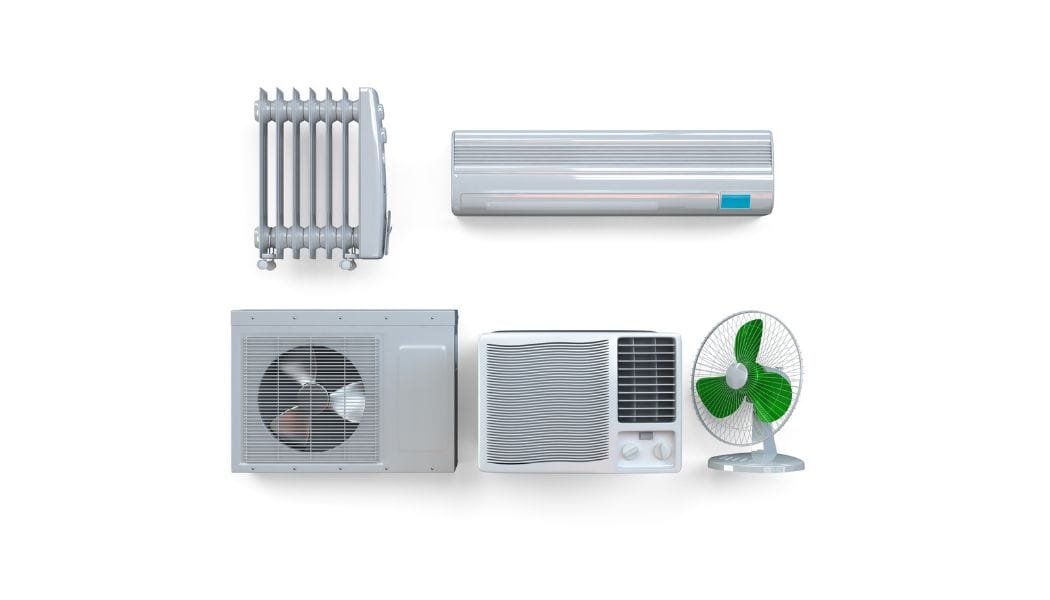
Before starting this article, if you were not aware of the heating and cooling systems in your home. Hopefully, by finishing the above piece you are now stacked with all the knowledge regarding heating and cooling systems.

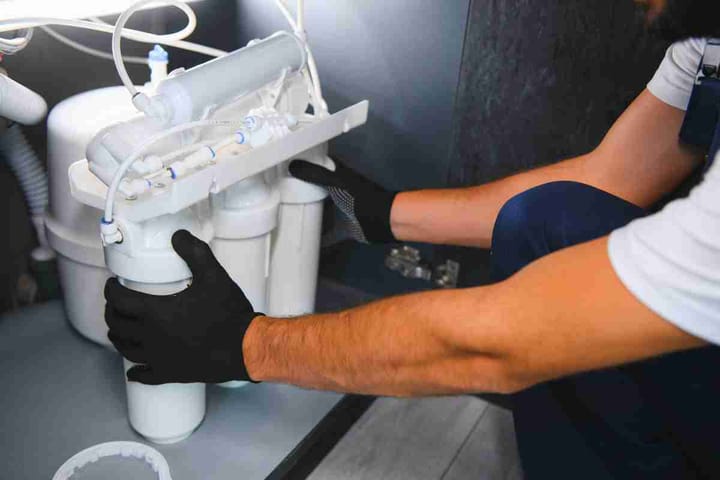
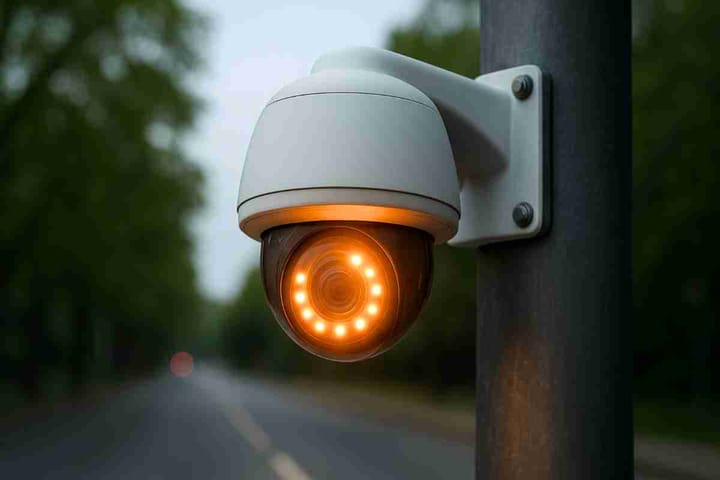
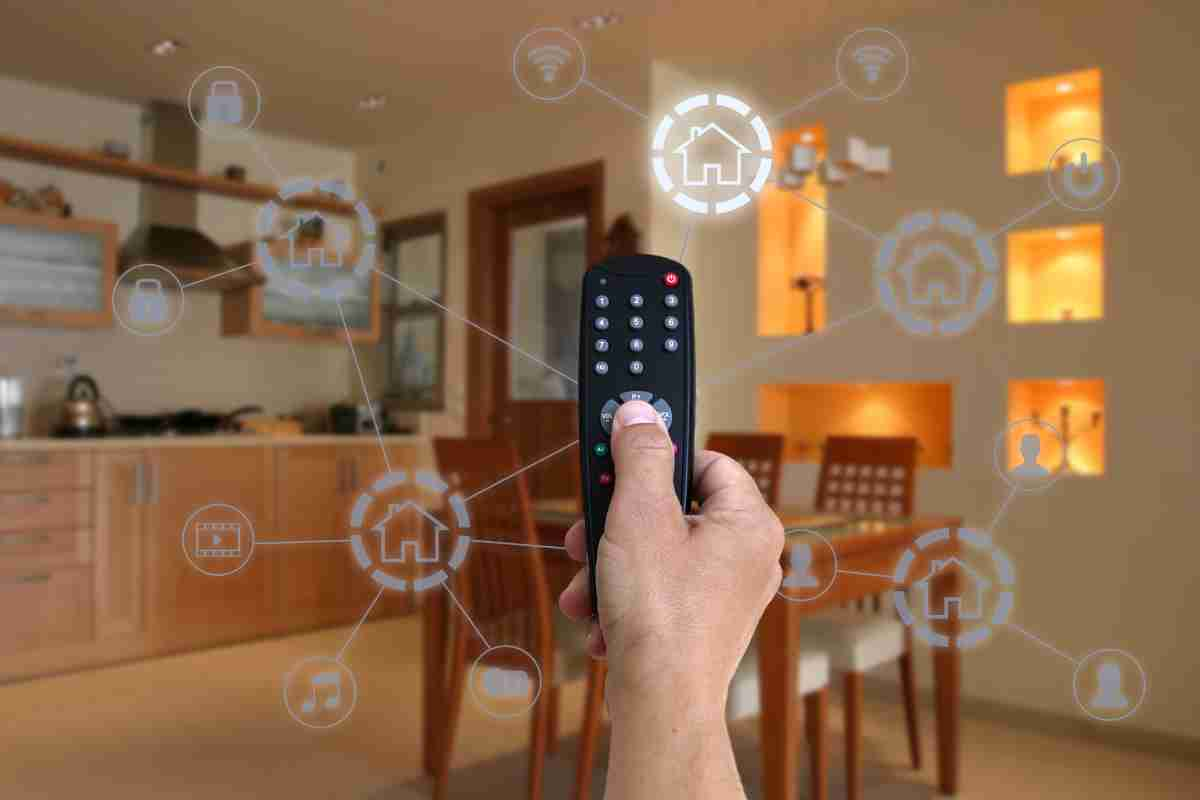
Comments ()